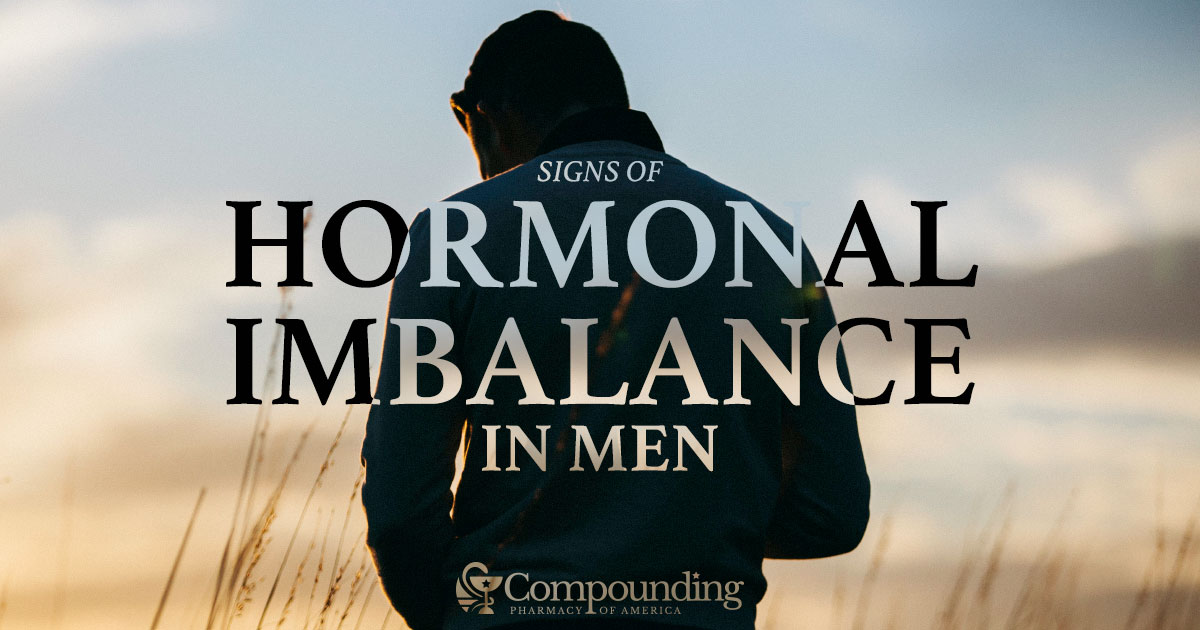 Hormone imbalance is an unavoidable aspect of aging. Things like poor diet, lack of exercise, disease, and chronic stress can increase a man’s susceptibility to hormone imbalances. For men, hormone imbalance occurs following the gradual decline of testosterone production, which naturally occurs with age.
Hormone imbalance is an unavoidable aspect of aging. Things like poor diet, lack of exercise, disease, and chronic stress can increase a man’s susceptibility to hormone imbalances. For men, hormone imbalance occurs following the gradual decline of testosterone production, which naturally occurs with age.
Hormonal Imbalances That Are More Than Age-Related
However, in recent years, there has been an increase in hormonal imbalance diagnoses among men in their 20s and  30s. In these younger males, hormone imbalances often go unnoticed because clearly identifiable symptoms are more like to emerge later in life. These symptoms are also easily mistaken or absorbed into other health diagnoses, which further delays identification and treatment.
30s. In these younger males, hormone imbalances often go unnoticed because clearly identifiable symptoms are more like to emerge later in life. These symptoms are also easily mistaken or absorbed into other health diagnoses, which further delays identification and treatment.
If left untreated, a hormone imbalance can wreak havoc on the body and cause serious health issues down the road. Before that time, it can have a slow-growing but detrimental effect on a man’s quality of life. But if these imbalances are identified early and treated appropriately, they can be corrected.
Understanding Common Hormone Imbalances Among Men
There are four types of hormone imbalance that are most common in men:
- andropause
- adrenal fatigue and
- hypothyroidism
- hyperthyroidism
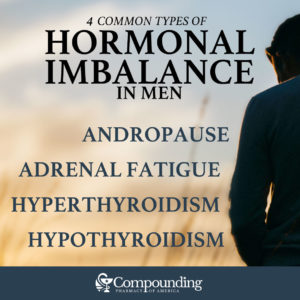
1. Andropause

Andropause is commonly referred to as the male equivalent of menopause, an age-related hormonal phenomenon experienced by women who cease to menstruate. Like menopause, andropause affects men later in life and accompanies a significant decline in testosterone production.
Other symptoms associated with andropause include fatigue, depression, and weakness.
2. Adrenal Fatigue
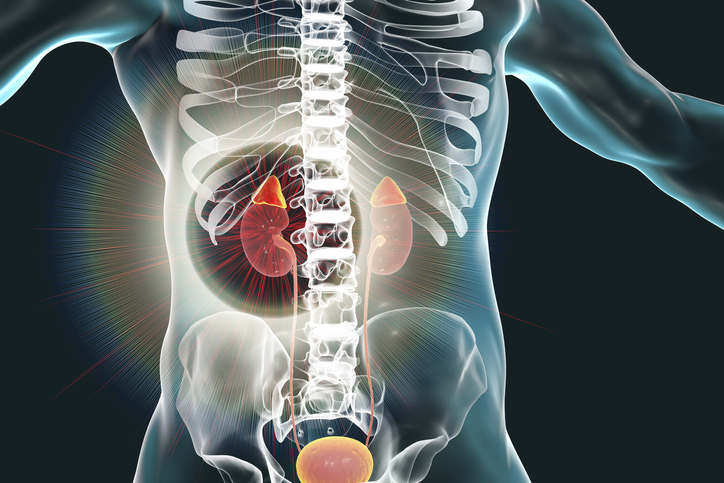
In men suffering from chronic or extreme stress, the adrenal glands weaken and fatigue, affecting their ability to create adequate levels of cortisol, the body’s natural defense against stress. Thus, the body is unable to regulate additional hormones, such as the sex hormone DHEA, which also decreases with age. This decline in cortisol and DHEA levels results in a hormone imbalance. Patients diagnosed with adrenal fatigue report:
- difficulty with mental focus or concentration
- chronic tiredness
- trouble getting out of bed
These benign symptoms often are blamed on diet, lifestyle and habits, or other health problems.
3. Hyperthyroidism
When the thyroid gland produces an excess of thyroid hormone required by the body, it causes an imbalance. Hyperthyroidism is often the result of Graves’ disease, an autoimmune disorder; thyroiditis, inflammation of the thyroid; a thyroid nodule, which increases the gland’s production of hormones; or excess iodine in your diet.
Symptoms common with hyperthyroidism include
- rapid heart rate
- anxiety
- nervousness
- difficulty sleeping
- irritability
You may also notice thinning or brittle hair, hair loss, muscle weakness, and weight loss.
4. Hypothyroidism
Also referred to as under-active thyroid disease, hypothyroidism occurs when the body does not produce enough thyroid hormone. The most common cause of hypothyroidism is Hashimoto’s thyroiditis, an autoimmune disorder where your body produces antibodies that attack the thyroid gland, eventually destroying it.
The symptoms of hypothyroidism are often subtle and harder to identify. They include
- hair loss
- unexplained weight gain
- slow heart rate
- carpal tunnel syndrome and
- an increased sensitivity to cold
Men’s Hormone Therapies
Though treatment options vary, many patients report that symptoms and hormone levels were brought under control by following an individualized form of hormone therapy.
To best address your personal care needs, research and locate a doctor who specializes in hormone or subclinical conditions.
There are risks associated with any hormone therapy treatment. However, a hormone imbalance that goes untreated can decrease treatment efficacy and cause serious health problems such as cancer, cardiovascular disease, Type II diabetes, celiac disease, hypoglycemia, and attention deficit disorder.
Treatments for Hormonal Imbalance in Men
Timely identification of male hormone imbalance can drastically improve quality of life and chance for recovery. With a good eye and increasing treatment options, male hormone imbalance can be easily overcome.
Learn More About Hormone Optimization Services
Chief Operating Officer, The Compounding Pharmacy of America
Matthew Poteet, Pharm.D. graduated with Honors from Lee University with a Bachelors of Science in Biological Science. After his undergraduate training, he completed the Doctor of Pharmacy program at Mercer University Southern School of Pharmacy, graduating in 2004. Dr. Poteet has spent much of his pharmacy career on staff at two of the most prestigious academic teaching hospitals in the Southeast; Emory University in Atlanta and Vanderbilt University Medical Center in Nashville. At these institutions he received extensive experience and training in sterile products compounding.
He returned home to East Tennessee in 2010, where he has held the position of Pharmacy Director at two sterile products pharmacies in Knoxville. Matthew lives in Knoxville with his wife, Chris. Dr. Poteet is Tennessee’s first Board Certified Anti-Aging Pharmacist by the American Academy of Anti-Aging Medicine.
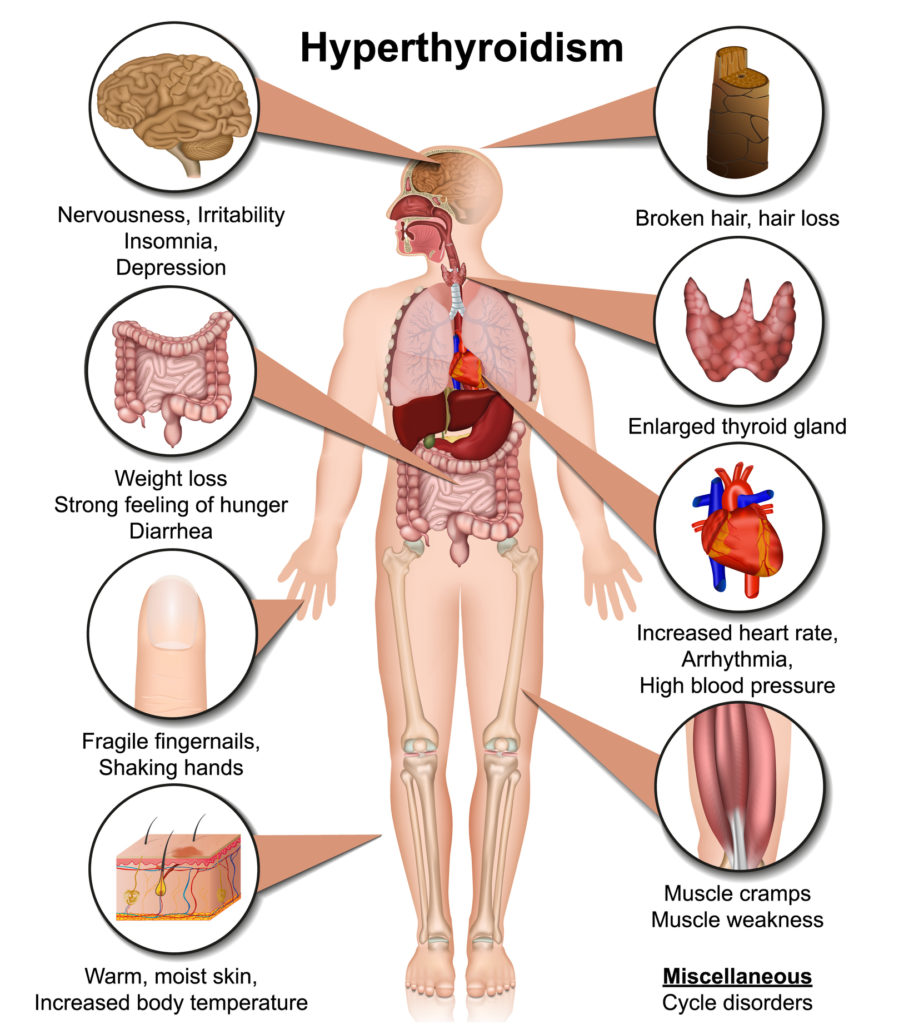
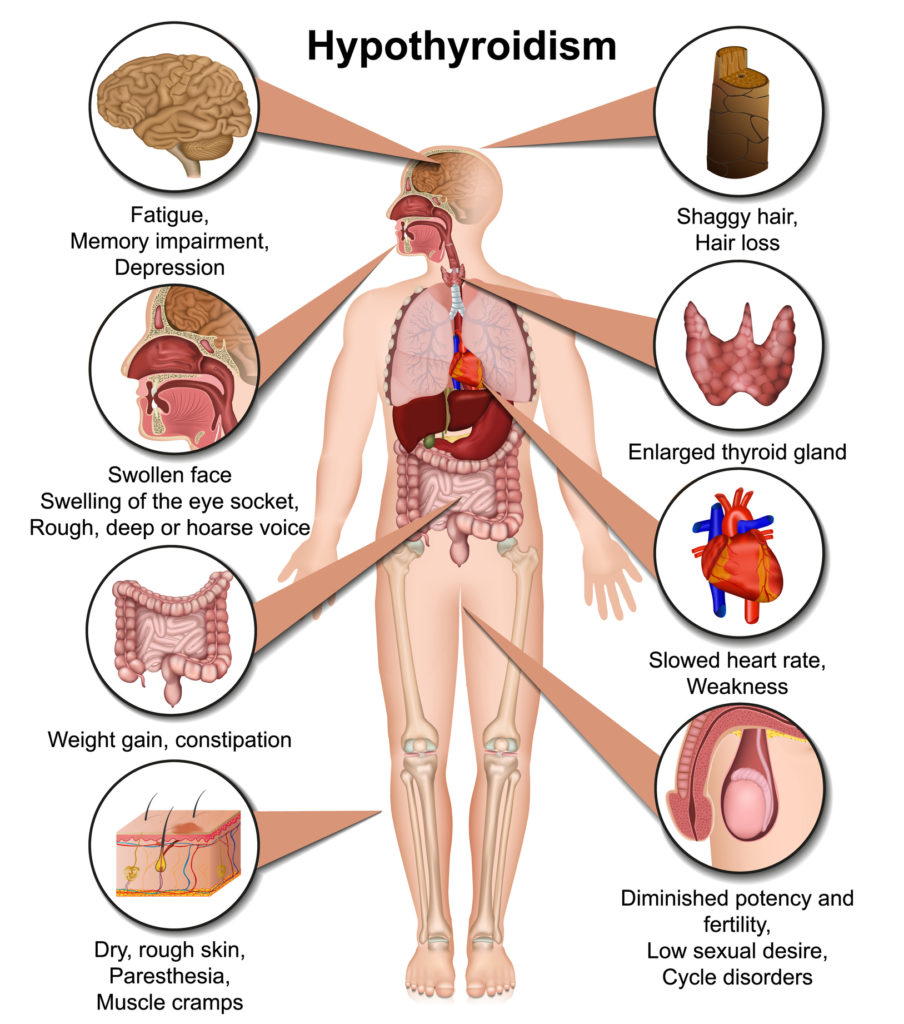
 Subscribe to Our Newsletter
Subscribe to Our Newsletter


